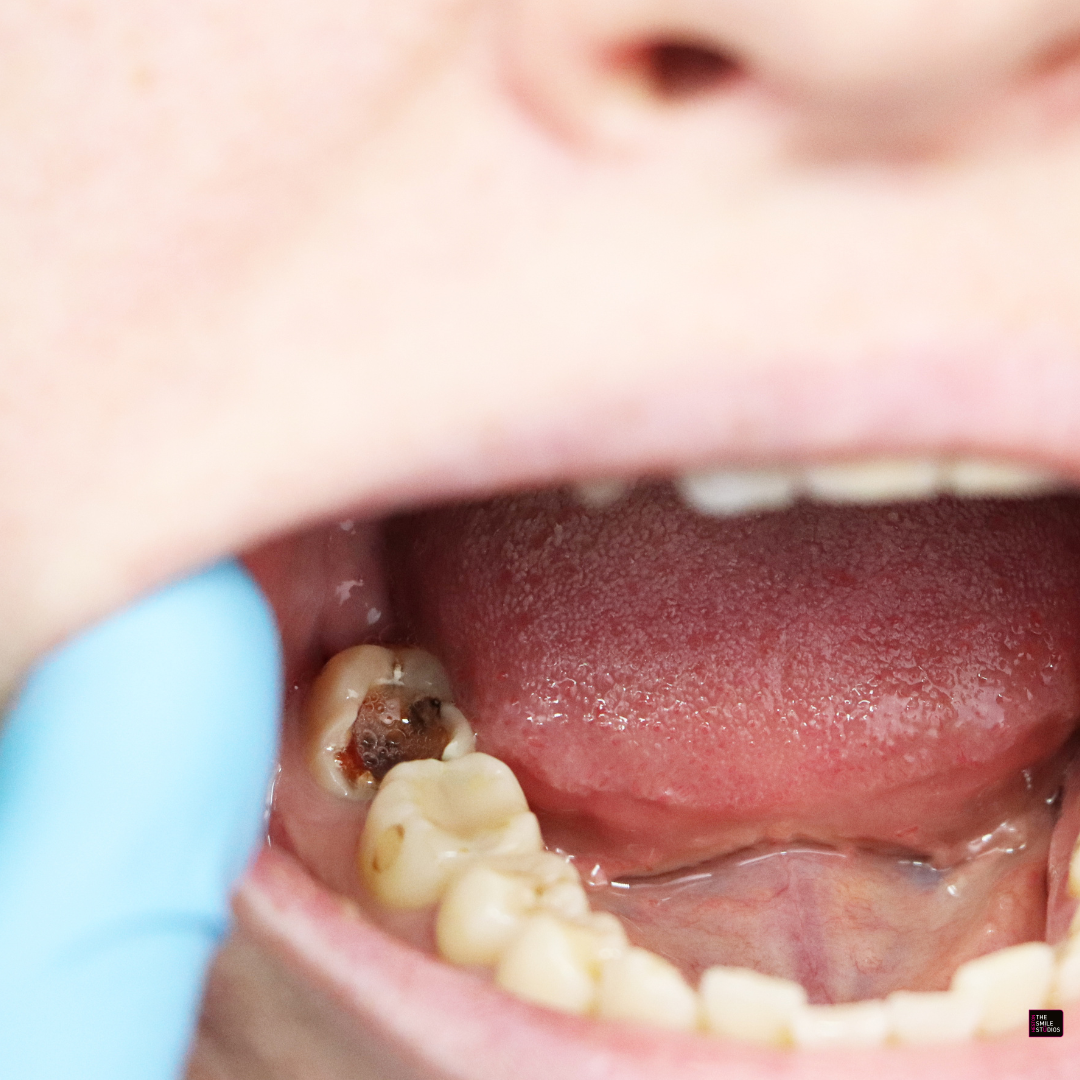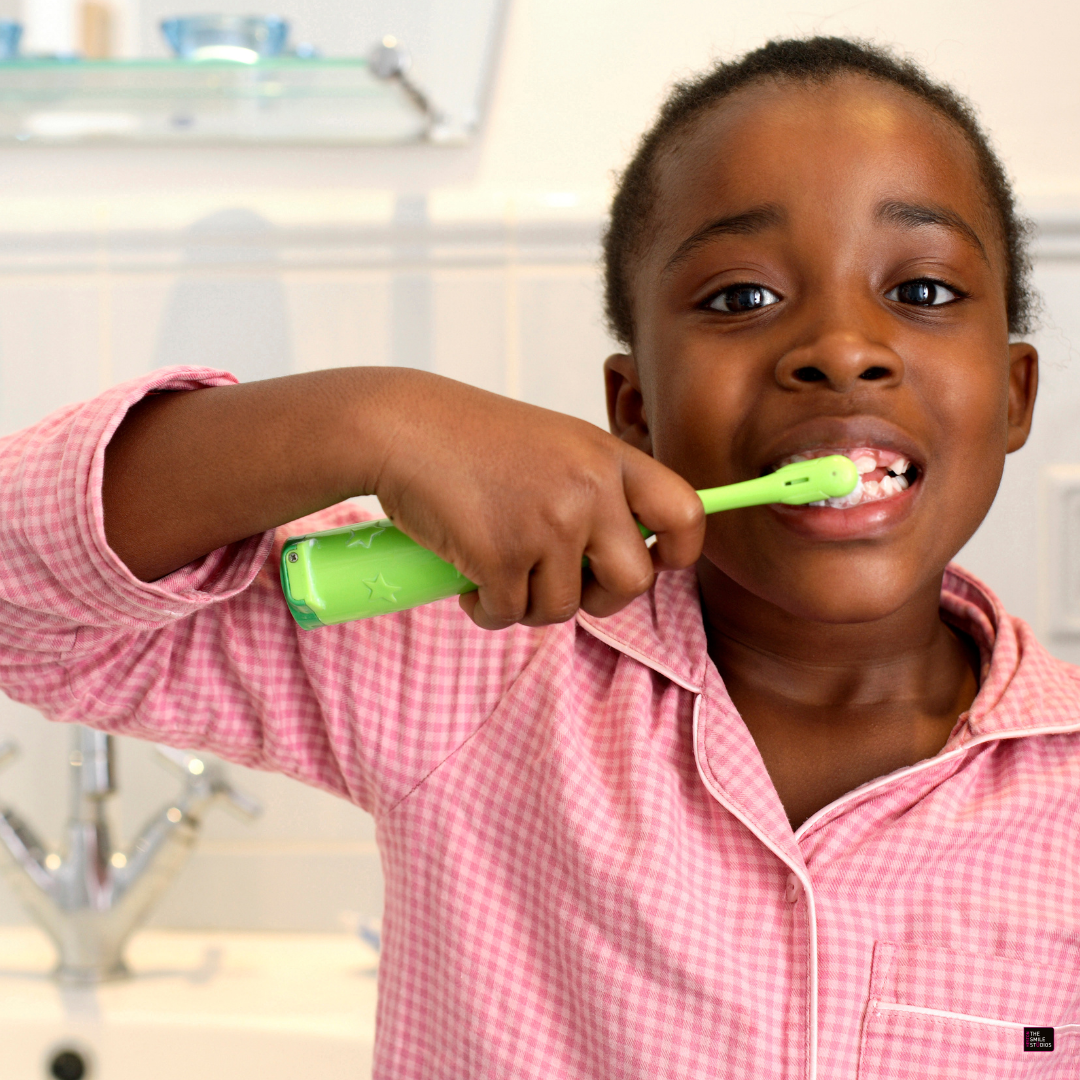17 October 2024
Why Does My Child Keep Getting Cavities?
Cavities account for the main reason children aged between 6 and 10 are end up in A & E in England. As responsible dentists dedicated to helping children have the best start with their dental care, we find this incredibly sad.
Children’s teeth are more vulnerable to decay, as their enamel isn’t as robust as that of an adult. However, there’s no reason why children should be going through the trauma of painful dental extractions in hospital, and before they’ve even got all of their adult teeth.
If your child regularly falls foul to cavities, it could be due to one of the following reasons.

Diet
With a food industry still heavily geared towards using bold colours and cute animals and mascots on products designed for children, it’s no wonder it can be hard for parents to say ‘no’ to kids when they want their favourite sugar-heavy cereal and snacks.
According to Action on Sugar, 92% of cereals marketed towards children still contain high or medium levels of sugar. A morning sugar hit, directly followed by toothbrushing can render your children’s teeth vulnerable to acid attacks before they’ve even made it into school.
Many fruit juices (from concentrate or not) also contain shocking amounts of sugar that exceed a child’s RDA sugar. We recommend having a close look at the RDA of sugar in what might seem like ‘innocent’ brands (do you see what we did there?!) before you buy. You may be surprised to see that brands and products you believe to be healthy for your child’s teeth are not.
If your child is putting up a lot of resistance to cutting back their sugar levels, try employing the either/or approach – you can either have a glass of orange juice or a sugary cereal.
Introducing water at mealtimes as a non-negotiable is also a great way to make sure any sugar is mitigated, as this will help rinse away some of the residual sugar that would otherwise contribute to decay.
We also recommend apps like Yuka to check the amount of sugar and harmful preservatives in products. These apps simply require users to scan a product and produce a full and immediate nutritional breakdown.
They’re consuming sugar too regularly
It’s not just the amount of sugar they’re consuming that poses a problem, but the frequency (and this applies to adults too).
Each time your child’s teeth are under attack from acids as a result of eating sugar, their enamel gets weaker and weaker.
If you can encourage them to eat a single larger sugary snack or dessert a day, rather than multiple smaller sugar-laden portions, this will reduce the number of acid attacks their teeth are having to withstand within a 24-hour period.

They’re consuming sugar after brushing before bedtime
Post-brushing sugar consumption can be the most potentially harmful of all.
If your child is enjoying a high-carb or high-sugar snack after brushing, their teeth are highly vulnerable for three main reasons:
- Waste products produced after sugar consumption remain in the mouth all night long. The main bacteria causing decay is clinically known as Streptococcus mutans and can double in size every 20 minutes.
- Your child’s saliva flow will not be as fluid during the night. This means any bacteria left behind (of which there will be plenty) won’t budge as they normally might during the day.
- The fluoride in their toothpaste won’t do its job, as it will be rinsed away by the sugars consumed. Fluoride is an essential ingredient for protecting against cavities.
Not brushing regularly enough or correctly
Your child’s early years are instrumental for introducing consistent brushing, and good brushing methods. Once they start to miss brushing sessions, or their technique isn’t quite right, it can be hard to reverse bad habits.
Your child may be falling foul to cavities if they’re:
- Not brushing morning and night to remove bacteria from their gum line and to protect their tooth enamel (the essential armour covering their teeth).
- Not cleaning all of their tooth surfaces. Many kids forget to brush down to the gum line and forget to clean their inside tooth surfaces.

Children’s dentistry Cockfosters – supporting your child in their early years
At The Smile Studios, we offer tailored treatment and advice for children.
During your child’s visits, we will look for:
- Signs of decay.
- Signs of infection or disease.
- Jaw development.
- Soft tissue anomalies.
- Structural anomalies.
Our dentists are friendly and experienced at working with kids, and we find humour and light-heartedness go a long way in helping them to feel confident about their visits.
Contact us to book your child in for their routine appointment. We offer free examinations for under 5s if a parent is registered with us as a private patient.
Back to Blog